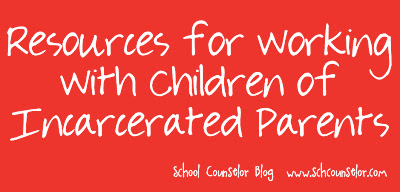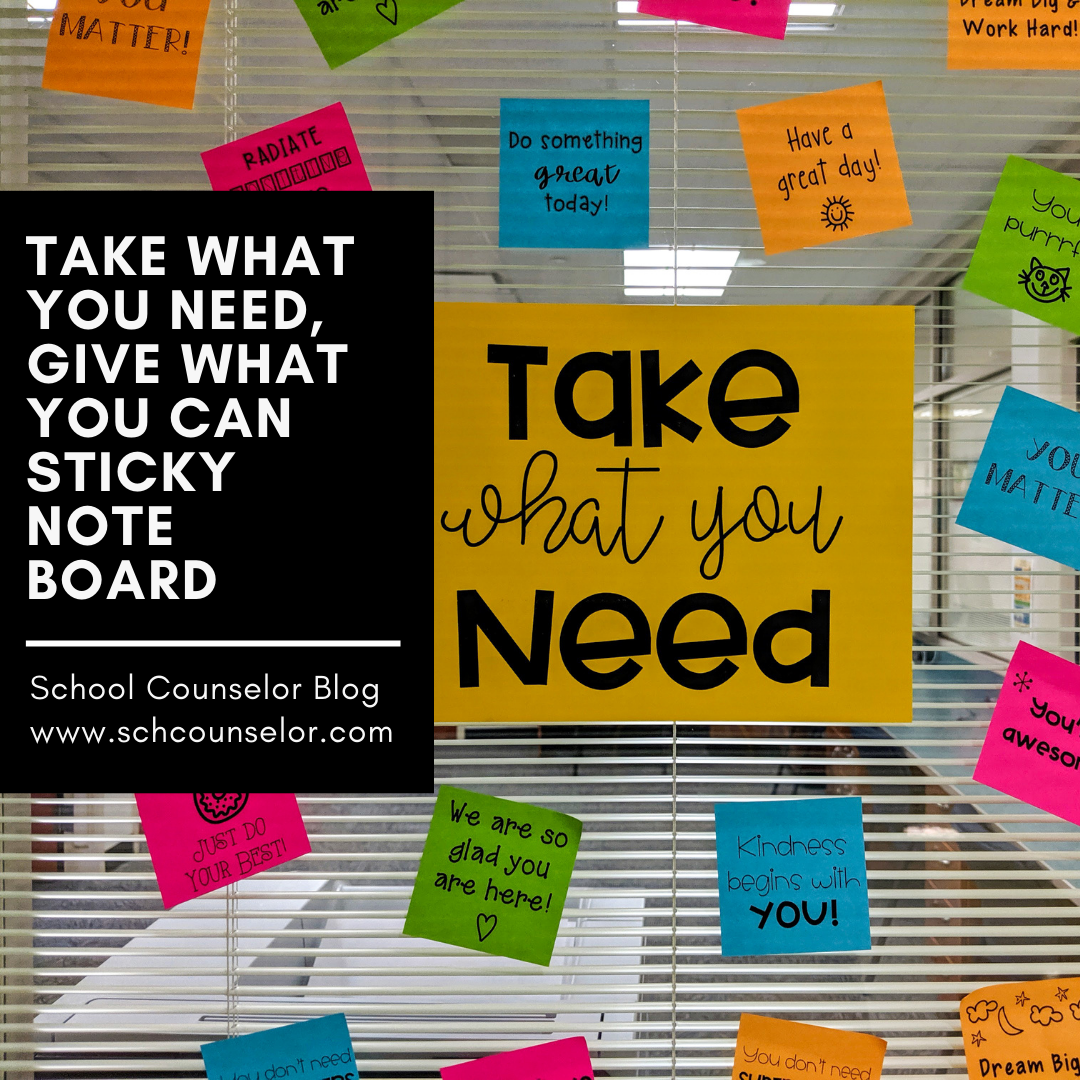Resources for Working with Children of Incarcerated Parents
Parental Incarceration impacts millions of U.S. Children. According to the Family and Corrections Network, 7 million, or one in 10, U.S. children have a parent under some form of criminal justice supervision - in jail, prison, on probation, or on parole.
There are unique problems and stressors created by parental incarceration. Children often face a form of imprisonment of their own when a parent is taken away. Children of incarcerated parents are often difficult to identify because of the shame and social stigma associated with incarceration.
In spring of 2009 I ran groups for children of incarcerated parents. There are some really great resources available for learning about children of incarcerated parents. Many of the resources can be used in individual and group counseling.
A website to start learning about children of incarcerated parents is The National Research Center on Children and Families of the Incarcerated (NRCCFI). I was trained by Ann Adalist-Estrin, the directer of the The National Research Center on Children and Families of the Incarcerated (NRCCFI). The NRCCFI website has fact sheets, links to resources, and training opportunities. I also recommend checking out the Bill of Rights for Children of Incarcerated Parents from San Francisco Children of Incarcerated Parents.
A great book for counselors and educators to learn about issues associated with children of incarcerated parents is All Alone in the World: Children of the Incarcerated
I use the book My Daddy Is in Jail: Story, Discussion Guide, and Small Group Activities for Grades K-5
I also keep a copy of Visiting Day
What do you want to know about working with children of incarcerated parents? Do you have any favorite resources that you use for working with children of incarcerated parents? Comment below, email me, tweet, or share on the School Counselor Blog Facebook Page!
Danielle is a K-12 Certified School Counselor, Nationally Certified Counselor, and blogger at School Counselor Blog, a place where school counselors share innovative ideas, creative lesson plans, and quality resources. Contact Danielle via email, follow her on twitter, and become a fan of the School Counselor Blog Facebook Page.




